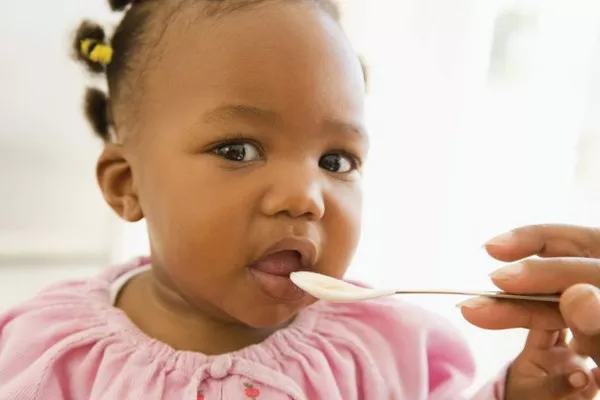Families of nine babies who died at a hospital trust are demanding a national public inquiry into NHS maternity services. They argue that an additional inquiry is essential to prevent further “unnecessary deaths” at the University Hospitals Sussex NHS Foundation Trust, where nine babies died and four mothers barely survived between 2021 and 2023.
New allegations have emerged against the trust, highlighting failings at two of its hospitals. In a statement, the families said, “All our babies were otherwise healthy and would have grown up if not for the failings in care and the dismissal of our concerns. Our children lost an entire life; they never got a chance to grow up, to learn to walk and speak, to make friends, to witness the awe and beauty of our planet.”
They continued, “With the volume and repetition of errors in maternity care by the trust, we believe that babies and potentially mothers will continue to unnecessarily die under the trust’s care unless there is additional intervention.”
The group includes parents of five babies who died at the Royal Sussex County Hospital and four who died at Worthing Hospital between 2021 and 2023.
Tragic Cases
In January 2022, Abigail Fowler Miller died two days after being born by emergency C-section in the foyer of the Royal Sussex. Her mother, Katie Fowler, went into cardiac arrest in a taxi on the way to the hospital after midwives, relying on over-the-phone assessments, allegedly missed warning signs of massive internal bleeding. An inquest found Abigail would likely have survived with earlier medical care.
In another case, Orlando Davis died at Worthing in September 2021 after maternity staff failed to recognize his mother, Robyn, had a rare fluid imbalance called hyponatremia. An inquest found his death was “contributed to by neglect.”
Esme Vowels Lovett died in February 2022 after staff at Worthing Hospital dismissed her mother Chloe’s concerns about stabbing pains, reduced movements, and bleeding during the late stages of pregnancy. Chloe and her husband Toby, who had been trying to conceive for seven years and had experienced several miscarriages, lost Esme after staff missed six opportunities to intervene.
Other children who died, but cannot be named due to ongoing proceedings, include a baby boy stillborn at 37 weeks after his mother was advised to stay home over the phone, and a baby girl stillborn at almost 40 weeks after her mother twice attended the hospital with concerns about reduced movements but received no appropriate action.
Two more boys died after failures to carry out appropriate monitoring.
Broader Context
The worst maternity scandal in NHS history occurred at Shrewsbury and Telford NHS Trust, where poor care led to the deaths of over 200 babies. Donna Ockenden, the independent midwife who investigated Shrewsbury and Telford, is now conducting an inquiry into Nottingham University Hospitals NHS Trust, with over 700 families having contacted the review team.
The Maternity Safety Alliance, a group of relatives of newborns who died due to NHS lapses, warns that scandals will continue unless a national inquiry is held.
Maternity services at the Royal Sussex in Brighton were downgraded to “inadequate” by the Care Quality Commission (CQC) in 2021, citing issues such as a lack of trained staff, poor patient assessment, and response to risk. While some improvements have been noted, services at the Royal Sussex remain “inadequate,” and Worthing services are rated “requires improvement.”
Official Response
Dr. Maggie Davies, chief nurse at University Hospitals Sussex NHS Foundation Trust, said, “We offer our deepest condolences and sincere apologies to each of the bereaved families for their devastating loss. Whilst we recognize that no words can ease their pain, our dedicated teams are committed to listening, learning and improving the service, so mothers-to-be, mothers, and their babies are as safe as they possibly can be whilst in our care.
“We have recruited more midwives, changed how we listen to and support families, and we have a nationally recommended triage process to help react quickly if there are any reasons for concern.
“Our outcomes for mothers and babies are now better than most other trusts in the country, but we know we must continue to listen and improve, and would always want to meet any families who have concerns to understand their experiences and make changes where possible.”


